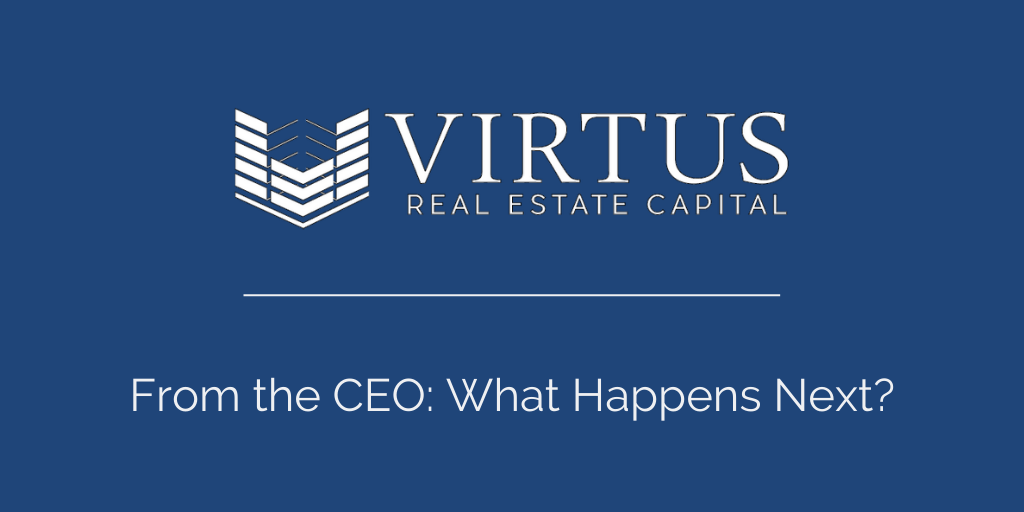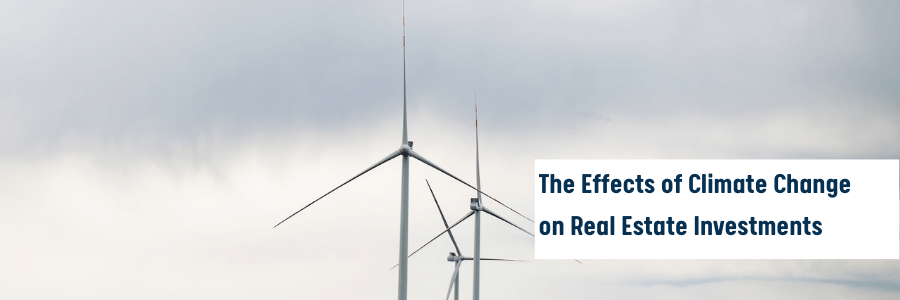Virtus recognizes the uncertainty around the COVID-19 pandemic. While we do not want to create unnecessary stress or worry, we understand the importance of prudent preparation and transparency in our actions.

Dear Partners,
Virtus recognizes the uncertainty around the COVID-19 pandemic. While we do not want to create unnecessary stress or worry, we understand the importance of prudent preparation and transparency in our actions.
The safety and wellbeing of our colleagues, communities, partners, and employees is the highest priority as we respond to the COVID-19 coronavirus. Virtus has positioned our own business to be mobile and agile, which allows us to focus on managing our portfolio. We have been reviewing emergency response and business continuity plans at both the property level and at the operations level. We have also paid particular attention to our senior living properties to understand and help mitigate the threat that COVID-19 poses. Fortunately, our Operators already have regular procedures in place to minimize the spread of the flu and similar illnesses, which will serve them well in these circumstances. Specifically, we are in close touch with each of our Operators to ensure the following measures have been enacted:
• That each Operator has addressed the COVID-19 issue and is taking it extremely seriously;
• That each Operator has put in place emergency measures to safeguard residents and limit access from individuals outside of the property, including canceling visitor access, suspending large group events in the communities, and canceling resident trips outside the community;
• That managers at all facilities have spent considerable time and effort on communication and prevention education; and
• That at the corporate level, Operators are working closely with their executive directors to create weekly update communications to families based on site-specific factors.
We are also closely monitoring the CDC website for guidance and known locations of the virus outbreak. We will continue to have frequent discussions with all of our Operators throughout the pandemic, and we expect their policies and procedures will be updated to address new challenges as they are known.
At a corporate level, Virtus has continued to evolve its Business Continuity Plan (“BCP”) to contemplate situations such as this. Our goal is to reduce health risks to our employees while ensuring we can continue to manage the portfolio and service investors without disruption. Our data and cybersecurity infrastructures, which have been in place for some time and are tested regularly, allow employees to work securely from safe, remote locations as needed. Further, we have also been in contact with all essential third-party service providers to ensure they have implemented appropriate safeguards to limit any potential disruption to our business. Virtus will inform our partners should we feel the need to trigger our BCP.
We strive to provide a working environment that encourages employees who are ill to work remotely until they are symptom-free or have been appropriately tested and cleared from infection. We have had medical concierge service as part of our health insurance coverage for several years and have encouraged our employees to utilize this feature where possible. As a final step, we have directed all employees to suspend international and nonessential domestic business travel until further notice.
All of Virtus’ targeted property types are more resilient to economic distress than traditional sectors (i.e., office, logistics, retail, hotels, and conventional multifamily). Because of the inuring nature of the services provided by these asset types, in good times and bad, the demand for space is less affected by the economic cycle or unexpected black swan events. Over the last few years, Virtus has specifically overweighted workforce housing and medical office assets, and we expect this trend to continue with the recent market volatility and COVID-19 concerns. However, we do expect to face short-term challenges in senior living demand. For more guidance on this and every asset class in which we invest, please note the following.
Medical Office is expected to face minimal changes in demand, given the need for additional healthcare coupled with the longer-term nature of the tenant leases. Arguably, this asset class may become in higher demand from investors.
Workforce Housing, or affordable housing for the middle-income worker, will continue to attract the largest share of the 43 million renters in the U.S., and it has been the most resilient category of residential housing during the last three recessions. Further, in times of uncertainty, people tend to postpone large discretionary purchases and investments like home purchases; thus, the rental market, and especially mid-market housing should continue to perform well.
Self-storage is unlikely to experience business disruptions due to the virus. People tend to store goods at a higher rate during periods of distress in part because of postponed home purchases and downsizing.
Student Housing has both headwinds and tailwinds. In the short-term, a number of Universities are limiting exposure on campus by moving classes online and/or extending spring breaks. We expect parents to be concerned about their student(s) attending university for some period. However, the enrollment and acceptance challenges at competitive universities (like those that Virtus targets) make it unlikely that parents or students would attempt to unenroll in the long-term. Regarding tailwinds, university enrollment has increased during the last six recessions in the U.S., and we would expect this trend to continue.
Senior Living will no doubt experience a temporary negative impact on specific facilities where either the virus spreads and/or lease-up activity is occurring or about to occur. There is a high probability of occupancy growth slowing down in the short-term. Long-term, senior living demand remains robust, but there will be some short-term operational challenges.
Educational properties, including early education and charter schools, may experience a temporary decrease in student attendance until COVID-19 is under control. It is unlikely that this slowdown in attendance would lead to established school operators (with whom Virtus works) to fail and abandon the long-term (15+ year) leases they currently have in place.
Most importantly, we hope your families, friends, loved ones, and colleagues remain safe and healthy. We are all navigating this challenge together.
Respectfully,

Terrell Gates
Virtus Founder and CEO
Further reading
From the CEO | March 25 Update on CRE Market, Property Types & Virtus Funds
In his second COVID-19 letter, Virtus CEO Terrell Gates shares his thoughts on the future and provides qualitative feedback on the influence the virus is having on the commercial real estate market with a focus on our targeted property types.










